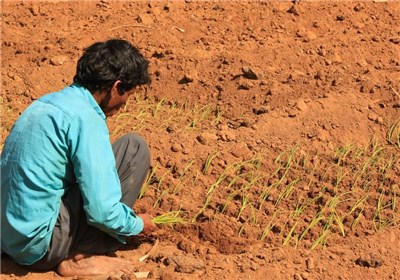
The modelling study, led by Dr. Marco Springmann from the Oxford Martin Programme on the Future of Food at the University of Oxford, UK, is the first of its kind to assess the impact of climate change on diet composition and bodyweight, and to estimate the number of deaths they will cause in 155 countries in 2050.
"Much research has looked at food security, but little has focused on the wider health effects of agricultural production," Springmann explained.
"Changes in food availability and intake also affect dietary and weight-related risk factors such as low fruit and vegetable intake, high red meat consumption, and high bodyweight. These all increase the incidence of non-communicable diseases such as heart disease, stroke, and cancer, as well as death from those diseases."
"Our results show that even modest reductions in the availability of food per person could lead to changes in the energy content and composition of diets, and these changes will have major consequences for health," Springmann added.
The study reveals that, unless action is taken to reduce global emissions, climate change could cut the projected improvement in food availability by about a third by 2050, and lead to average per-person reductions in food availability of 3.2% (99 kcal per day), in fruit and vegetable intake of 4.0% (14.9g per day), and red meat consumption of 0.7% (0.5g per day).
The findings predict that these changes could be responsible for around 529000 extra deaths in 2050, compared to a future without climate change in which increases in food availability and consumption could have prevented 1.9 million deaths.
Tasnim News Agency - science solhkhabar | Peace International News Agency Peace International News Agency , Peace News , International Agency News of Peace
solhkhabar | Peace International News Agency Peace International News Agency , Peace News , International Agency News of Peace